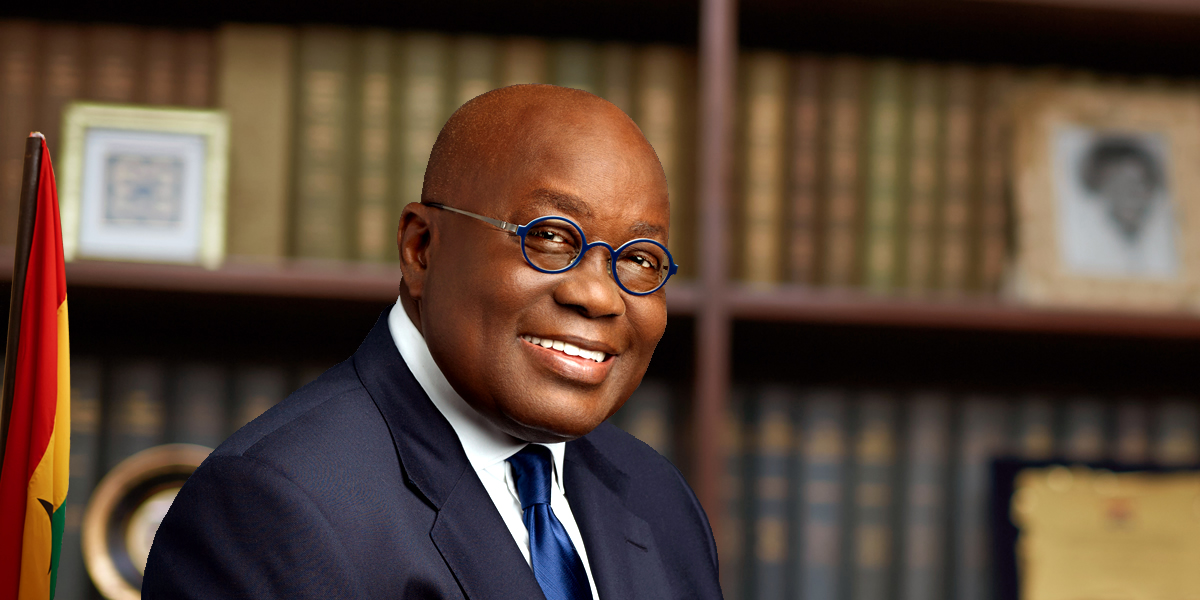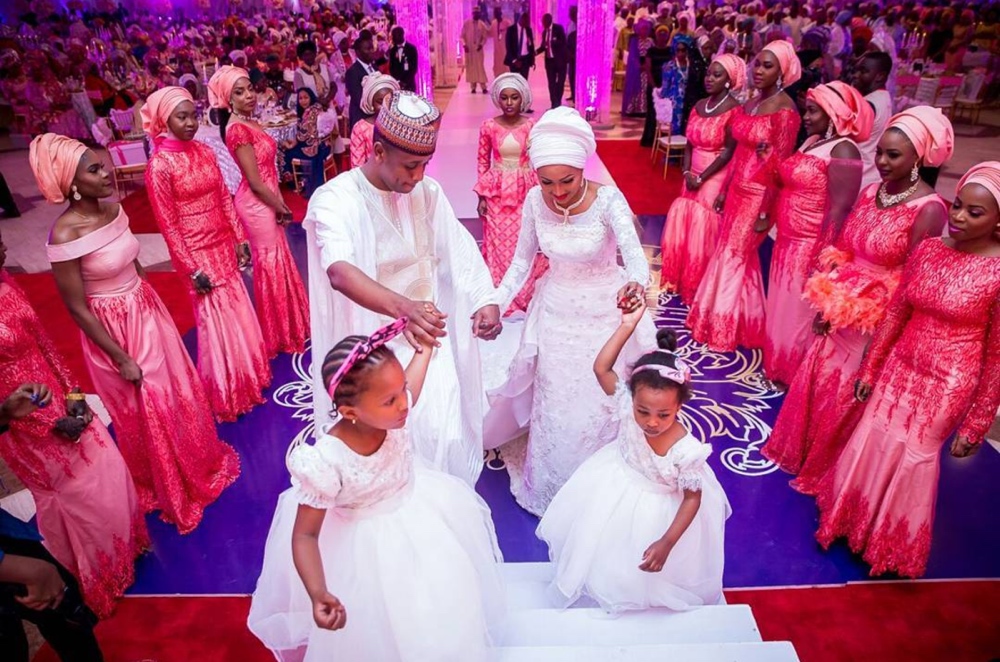
President of Ghana leads delegation in event aimed at tackling Africa unemployment
London, United Kingdom 5 April 2018– President Nana Addo Dankwa Akufo-Addo of Ghana, is scheduled to give a talk in a leading pan African conference organised to address unemployment in the continent.
The president will give a keynote speech at The LSE Africa Summit scheduled to take place on April 20-21 at the London School of Political Science in the United Kingdom.
His ambitious “One District One Factory” policy is hailed as among the most progressive in addressing youth unemployment, challenging many African countries whose unemployment rates have either stagnated or worsened. The project aims to create a factory one factory in each of Ghana’s 216 districts.
Unemployment rate in Africa remains high at 8 percent in 2018, according to the International Labour organisation, which is more than 39 people in the continent. The figures on youth unemployment, the same report estimates, is more than three times higher than adult unemployment. The figures are as high as 26 per cent in South Africa.
Several studies have linked these grim statistics to crime rates in many urban cities in Africa. Young people in Northern Africa, the region with the highest unemployment rate in the continent, have taken perilous journeys across the Mediterranean Sea trying to secure a future in Europe. They have also fallen prey to human traffickers.
Ghana on the other hand thrives. In 2018, the World Bank labelled the country that will have “the world’s fastest-growing economies this year” with an estimated growth of between 8.3 and 8.9 percent. This stable economy has shielded Ghanaian youth from the horrors their counterparts are facing.
Over the two days of the summit, Mr Akufo-Addo will be joined by over 30 other experts to tackle the topic of unemployment, assessing the causes and possible solutions, all categorized in seven panels.
These panels include education which investigates how good curriculum, or lack thereof, contributes to the African youth’s suitability for an ever changing job market, as well as government’s attempt to tailor their education systems to produce employable graduates: Nigeria, whose partnership with the private sector is trying to bridge gaps in state funded education; Kenya which is overhauling its curriculum to include emphasis on vocational training.
Other topics are the role of technology in job creation as well as the laws and policies that hinder the growth of small and micro enterprise in Africa. The often ignored creative industries as an avenue for job creation is included featuring South African media queen Khanyi Dhlomo who owns multimedia company Ndalo as well as Yoel Kenan, the founder and CEO of digital music distributor AFRICORI.
Emerging industries such as social entrepreneurship has a panel on its own featuring 21-year-old achiever Joseph Awuah Darko from Ghana, and many other young people balancing making money and solving societal issues.













